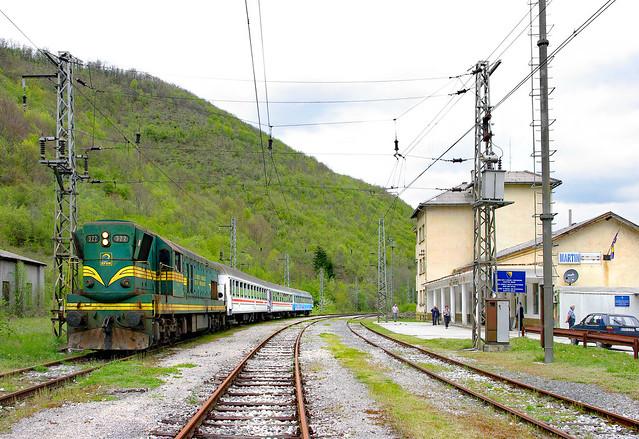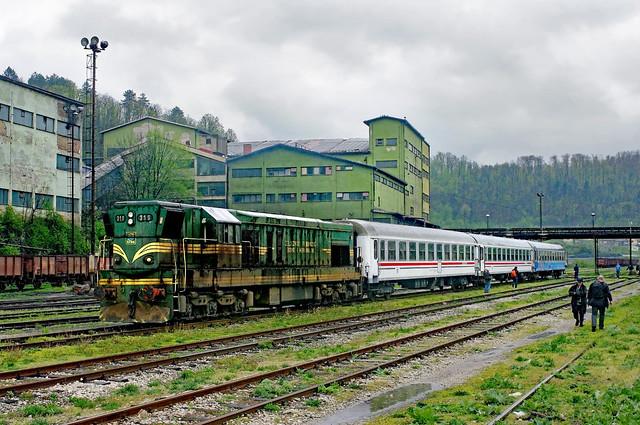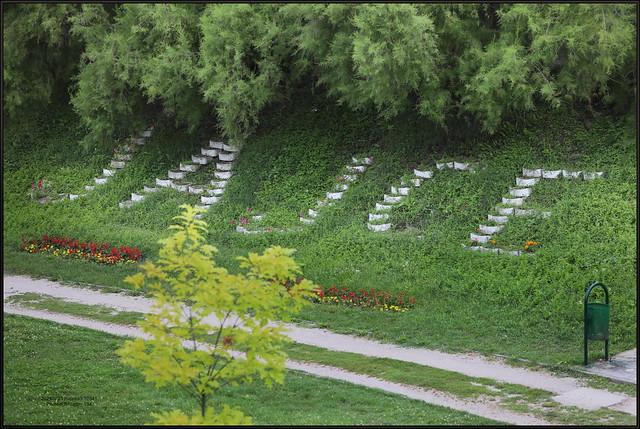



Bugojno
Overview
Historical Significance
Bugojno is a city steeped in history, tracing its roots back to the Roman period. Nestled in the heart of Bosnia and Herzegovina, it has been a crossroads of various cultures and civilizations, which is evident in its architecture and local traditions. The city's historical significance is highlighted by its role during the Ottoman Empire and later events in the 20th century, including its involvement in the Bosnian War. Travelers can explore remnants of its past at sites like the old mosque and the notable Ottoman-era structures that showcase the artistic legacy of that period.
Cultural Atmosphere
The cultural atmosphere in Bugojno is vibrant and diverse, reflecting its unique blend of ethnicities and traditions. The city is known for its lively festivals and events that celebrate local folklore, music, and dance. One of the highlights is the Bugojno Summer Festival, which draws visitors from across the region. The warm hospitality of the locals is palpable, making it easy for travelers to engage with the community and immerse themselves in the local culture. You might even find yourself invited to a traditional meal, where you can savor dishes like "sarma" (cabbage rolls) and "burek" (savory pastries).
Natural Beauty
Surrounded by stunning natural landscapes, Bugojno offers breathtaking views of the surrounding mountains and lush greenery. The nearby mountains provide ample opportunities for outdoor activities, such as hiking, mountain biking, and nature photography. The area's natural beauty is particularly striking in the spring and autumn months when the colors of the landscape come alive. For those seeking tranquility, the nearby rivers and forests are ideal for leisurely walks and picnics, allowing visitors to reconnect with nature and enjoy the serene atmosphere.
Local Characteristics
Bugojno is characterized by its friendly and welcoming residents who take pride in their city’s rich heritage. The local markets are bustling with activity, where you can find handmade crafts, fresh produce, and traditional Bosnian souvenirs. The city has a unique charm, with cobblestone streets and quaint cafes that invite travelers to sit back and enjoy a cup of Bosnian coffee. Additionally, Bugojno is home to various cultural institutions, including galleries and museums that showcase the artistic spirit and history of the area, offering insights into the lives of its people.
Religious and Architectural Highlights
A significant aspect of Bugojno's identity is its religious diversity, which is reflected in its architectural landscape. Visitors can explore the beautiful St. Nicholas Church, a prominent Orthodox place of worship, alongside the traditional mosques that signify the city's Islamic heritage. The architecture varies from the intricate designs of Ottoman buildings to the more austere styles of modern structures, creating a fascinating contrast that tells the story of the city’s development over centuries. These sites not only serve as places of worship but also as cultural landmarks that offer a glimpse into the historical interplay of different faiths in the region.
Accessibility and Local Amenities
Bugojno is conveniently located, making it an accessible destination for travelers exploring Bosnia and Herzegovina. The city is well-connected by road, and the nearby towns and attractions can be easily reached by public transport or car. Local amenities cater to visitors, with a range of accommodations from cozy guesthouses to more modern hotels. Dining options abound, with many establishments offering authentic Bosnian cuisine that will satisfy any palate. Additionally, Bugojno provides a safe and welcoming environment for travelers, allowing them to explore the city at their own pace while enjoying its rich tapestry of experiences.
Other towns or cities you may like in Bosnia and Herzegovina
Explore other cities that share similar charm and attractions.





